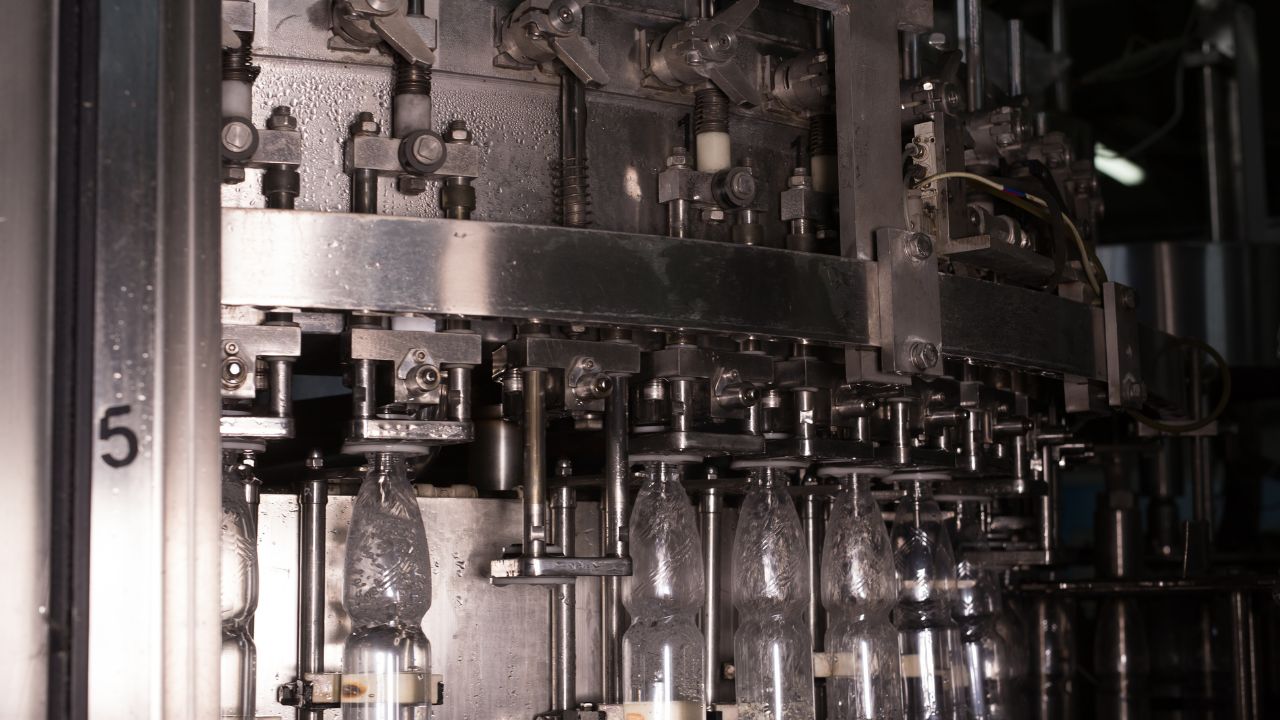The market for intelligent automatic filling machines is experiencing rapid growth and transformation. These machines, equipped with advanced technology such as IoT, AI, and machine learning, are designed to meet the evolving demands of various industries, including food and beverage, pharmaceuticals, chemicals, and cosmetics.
By automating the filling process and integrating real-time data capabilities, intelligent filling machines offer improved productivity, accuracy, and safety, making them invaluable assets for companies aiming to maintain a competitive edge.
Industry Demand Drivers
Several factors are driving the market expansion for intelligent automatic filling machines. One key driver is the rising demand for packaged products across global markets.
The food and beverage industry, for example, has seen significant growth in demand for processed foods and beverages, especially ready-to-eat items and bottled drinks, where precise, hygienic filling processes are essential.
The pharmaceutical industry, meanwhile, requires extreme accuracy and sterility in filling operations for vials, ampoules, and syringes, making intelligent filling machines a crucial component in their production lines.
Another driving force is the need for higher efficiency in production. Conventional filling methods require substantial manual intervention, slowing down operations and leading to potential inaccuracies.
Intelligent filling machines address this challenge by minimizing human input, thereby reducing labor costs and human error while ensuring consistent product quality.
For industries that prioritize compliance, these machines also allow for easier traceability and quality control through real-time monitoring and data collection.
Technological Advancements and Innovation
Technological advancements in smart systems have paved the way for the next generation of filling machines. IoT-enabled filling machines can collect and transmit data, allowing operators to monitor the machine remotely and make real-time adjustments.
This connectivity aids in predictive maintenance by identifying potential issues before they cause downtime, significantly reducing maintenance costs and prolonging machine life.
Machine learning and AI integration further enhance the capabilities of intelligent filling machines. These technologies enable machines to analyze data and optimize operations, improving filling accuracy and detecting defects or irregularities autonomously.
Some advanced filling machines also feature adaptive control, where the machine automatically adjusts settings to accommodate variations in product viscosity or container size. This adaptability is especially beneficial for companies with diverse product lines, allowing for smooth transitions and minimizing changeover time.
Environmental Considerations
As sustainability becomes a priority for companies globally, intelligent filling machines offer eco-friendly solutions by optimizing material usage and reducing waste. These machines are often designed to use only the necessary amount of product, minimizing spills or overfills.
By reducing packaging material waste and energy consumption, intelligent filling systems help companies lower their environmental footprint, aligning with global sustainability goals and regulations.
Challenges in Market Adoption
Despite the benefits, the adoption of intelligent filling machines faces challenges, particularly in small to medium-sized enterprises where high initial costs may be a barrier.
Some companies may hesitate to invest in advanced machinery due to budget constraints or concerns about the learning curve for operators.
However, as the cost of smart technology gradually decreases, and as user-friendly interfaces make the machines easier to operate, more companies are likely to adopt these systems.
Conclusion
The future for intelligent automatic filling machines is promising, driven by technological advancements and the increasing demand for efficiency, accuracy, and sustainability. These machines are set to become standard in industries where high precision and productivity are essential.
As the technology becomes more accessible, companies that invest in intelligent filling solutions today will be well-positioned for long-term success. To learn more about the latest innovations and solutions in filling technology, visit confilling.com.


